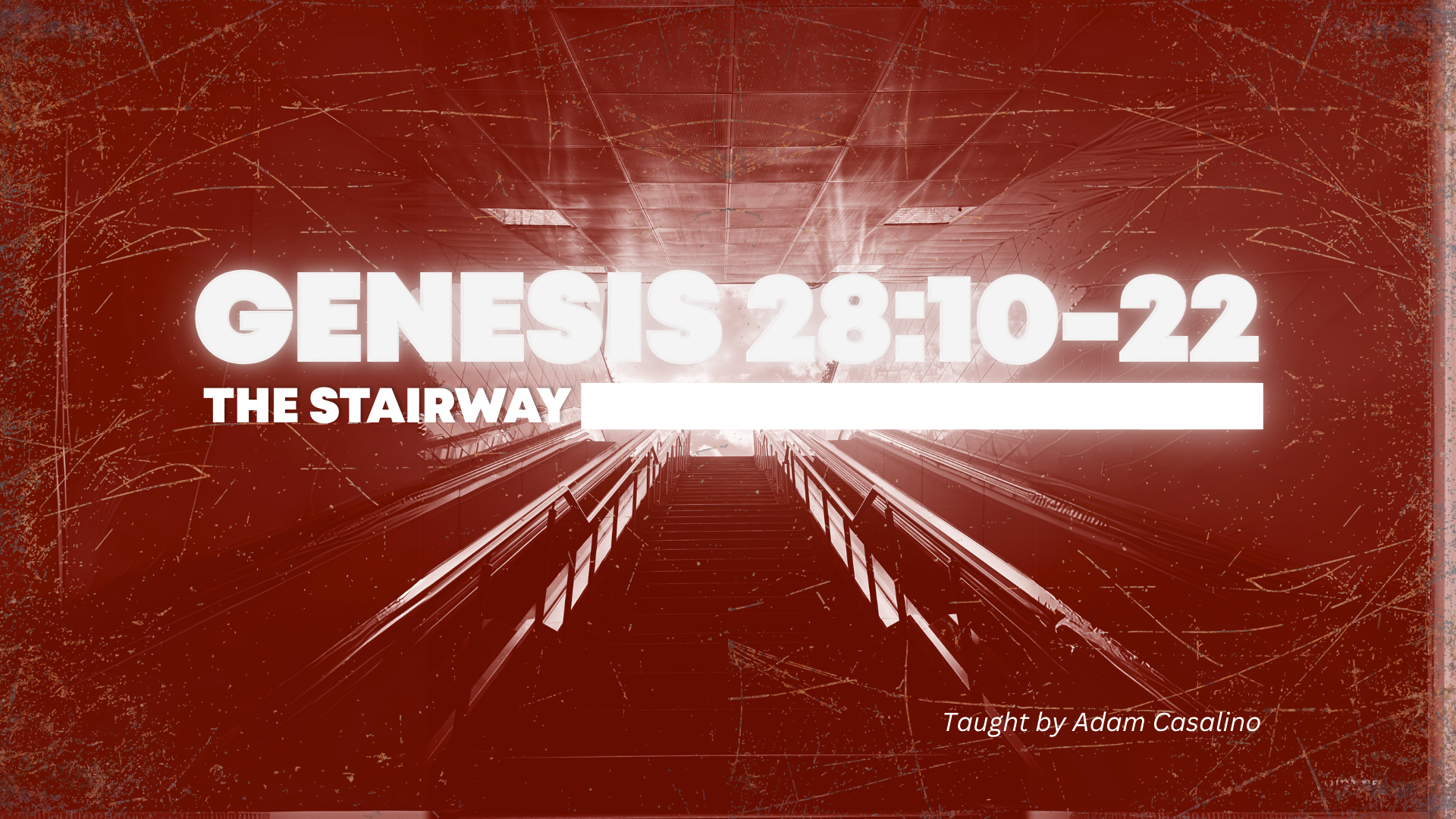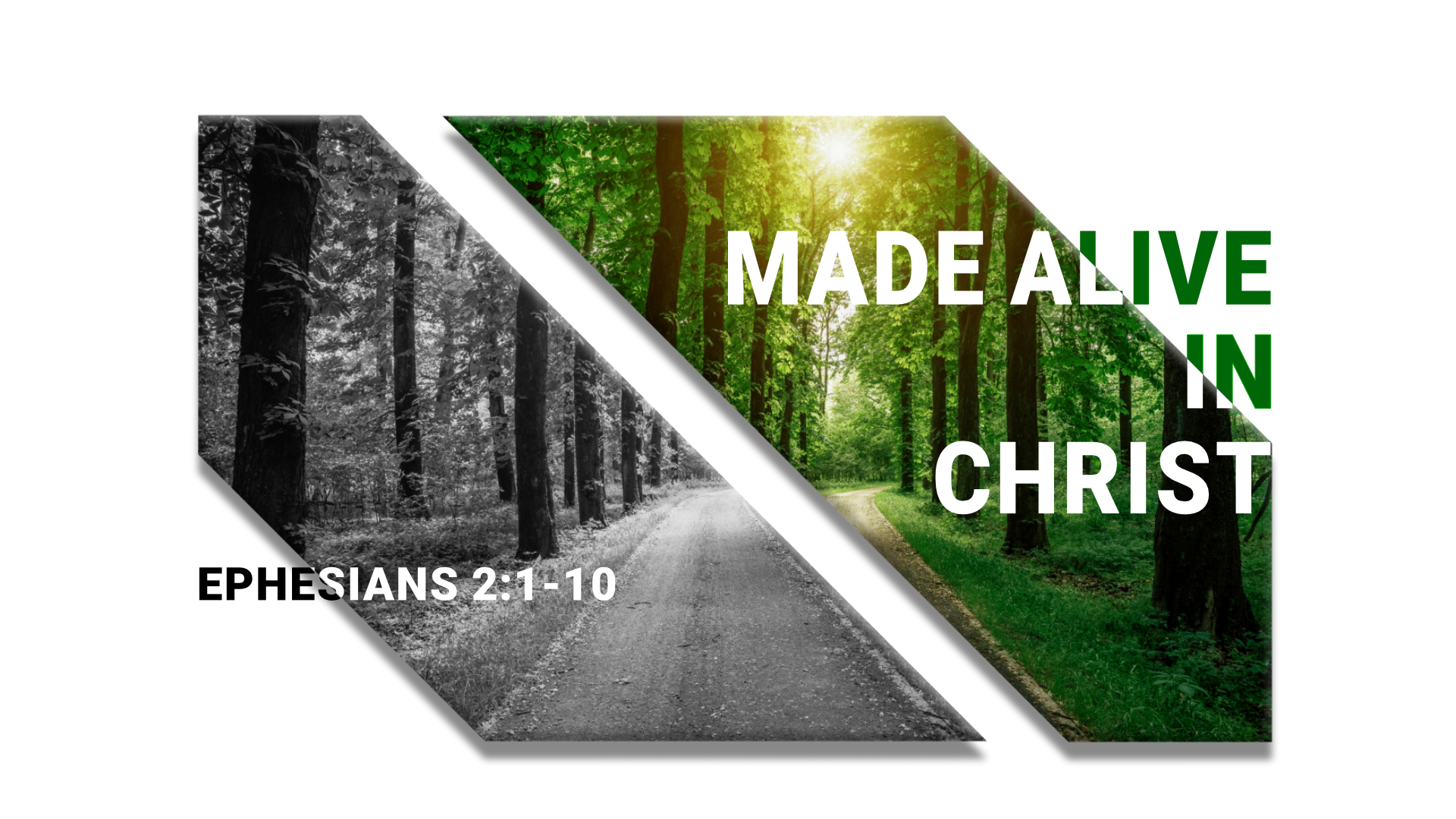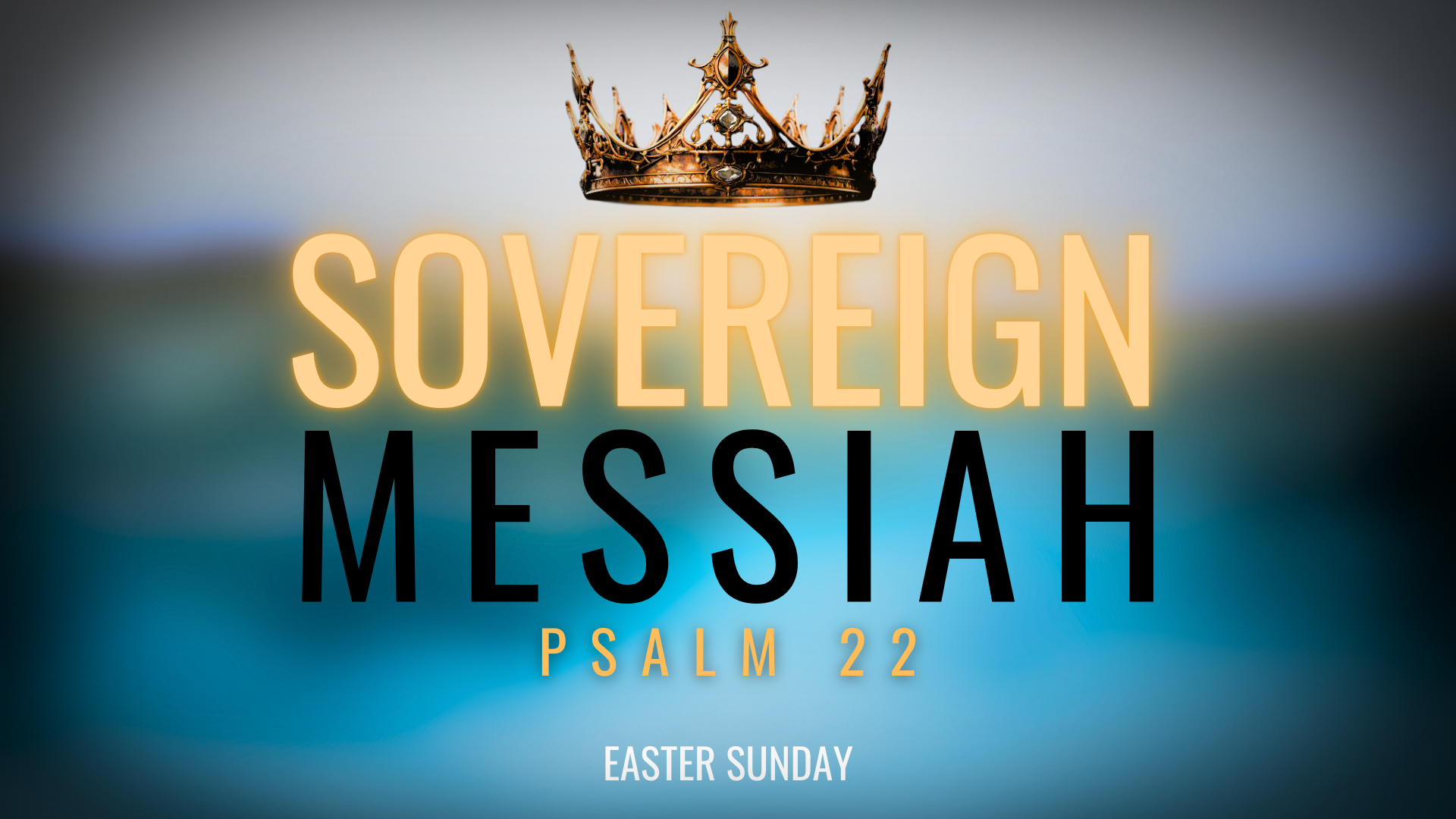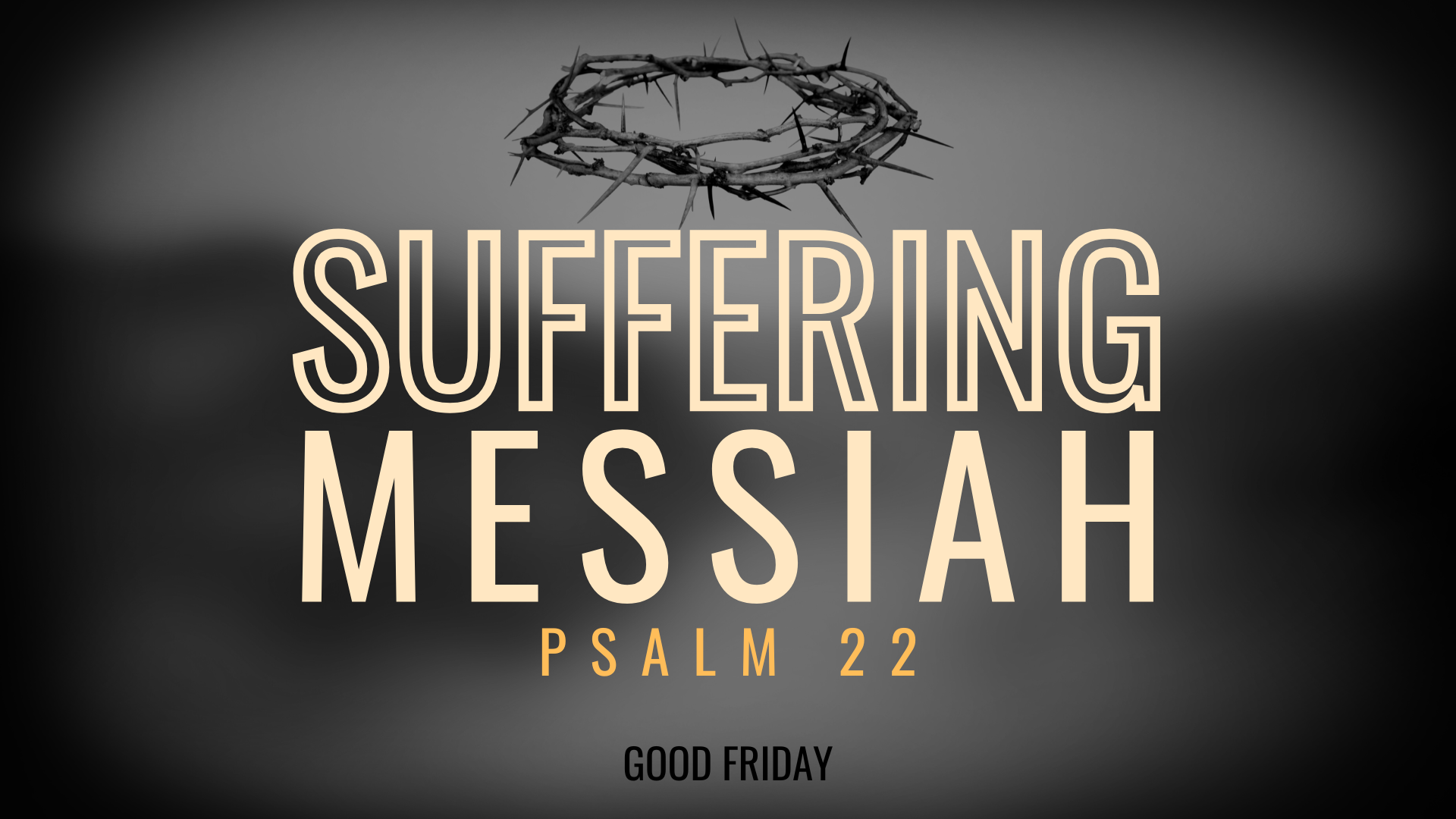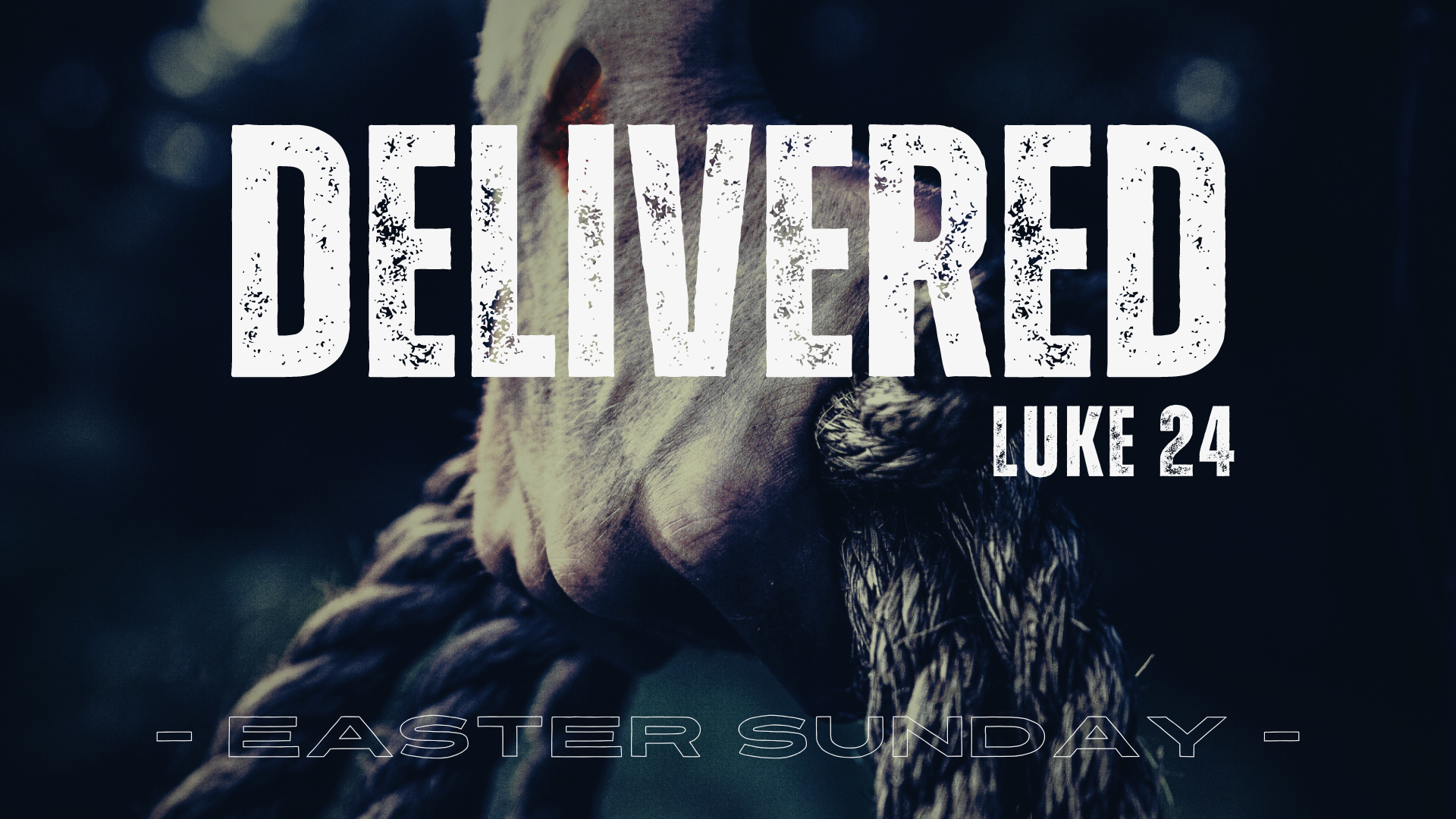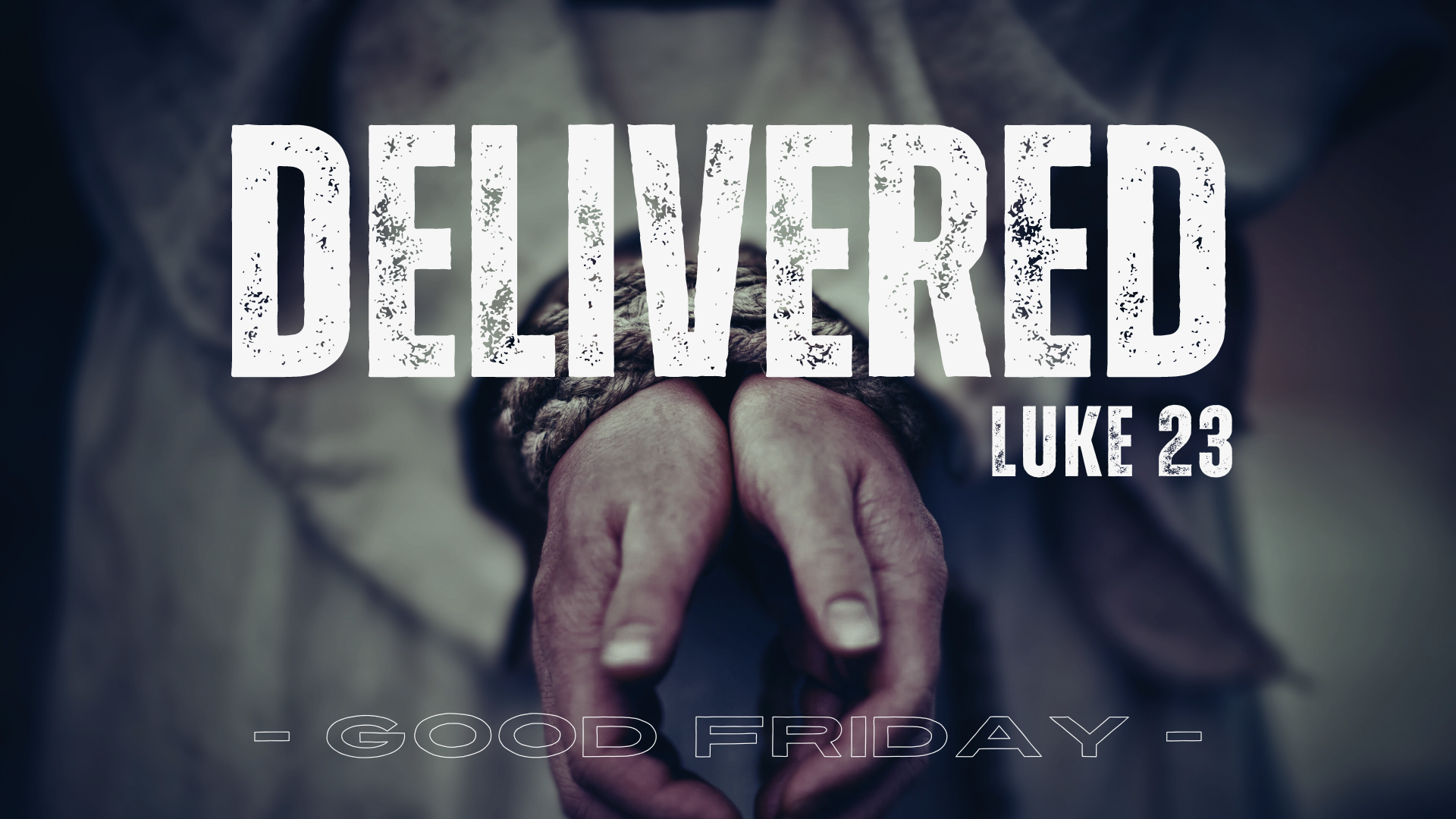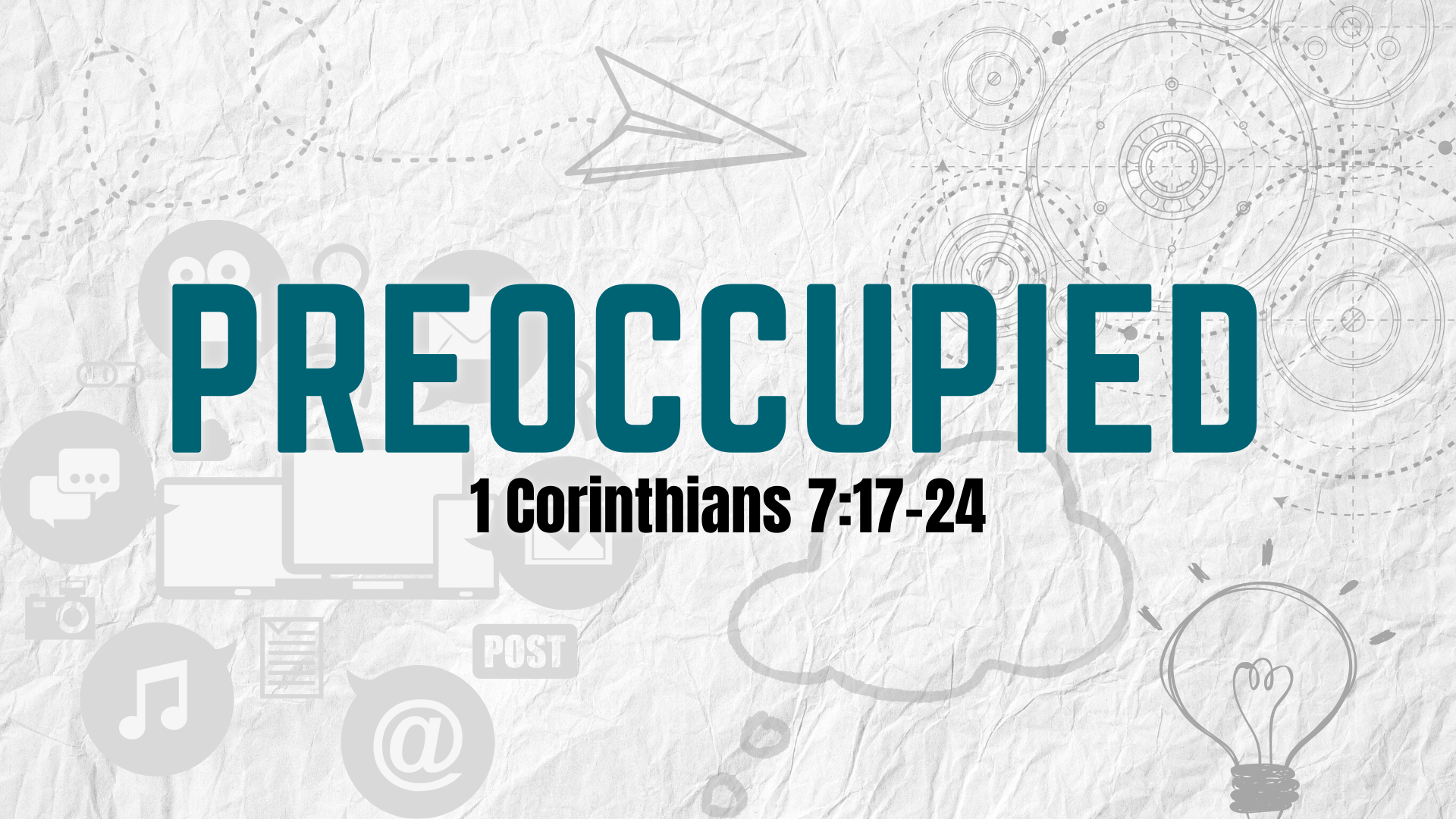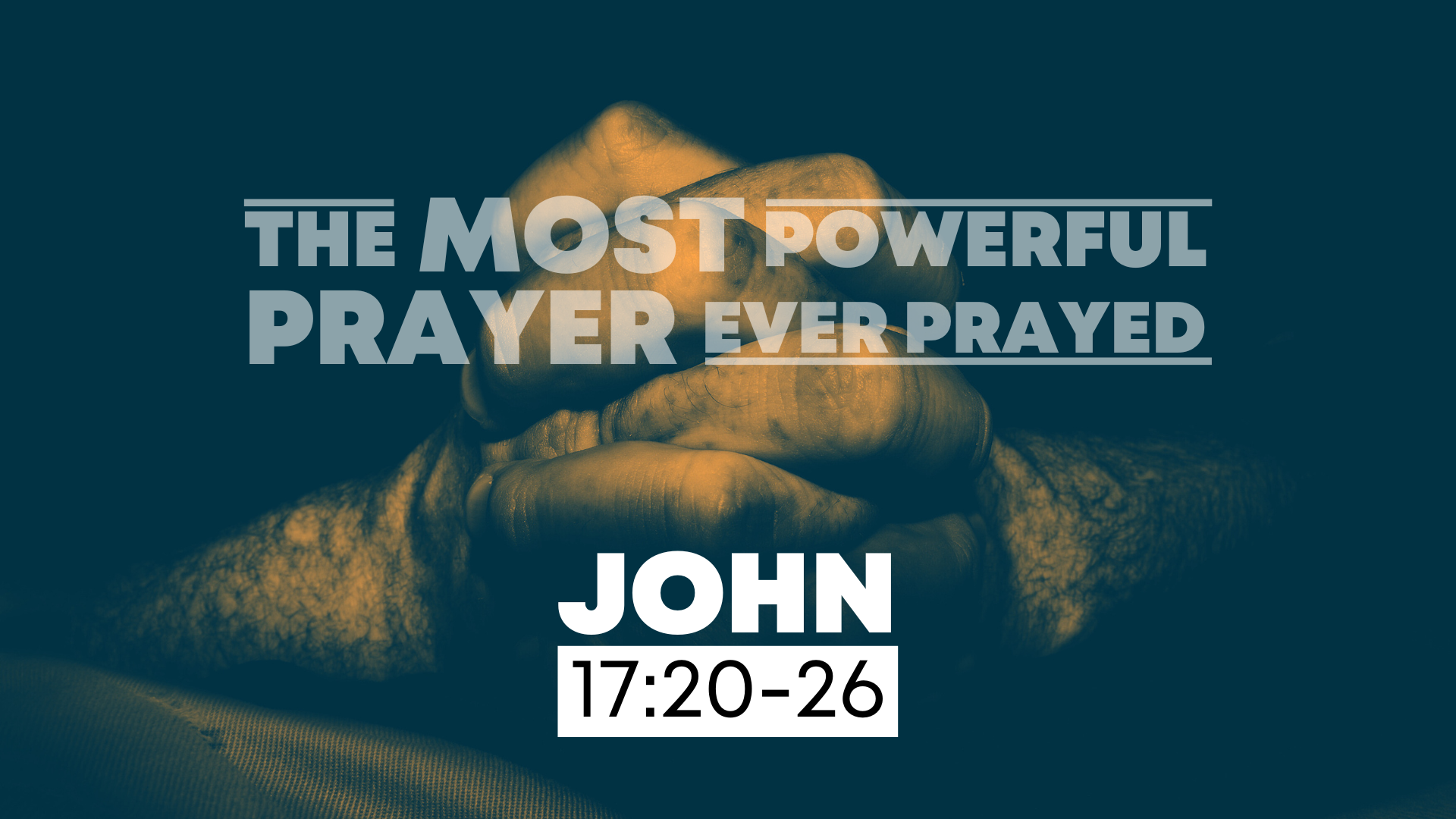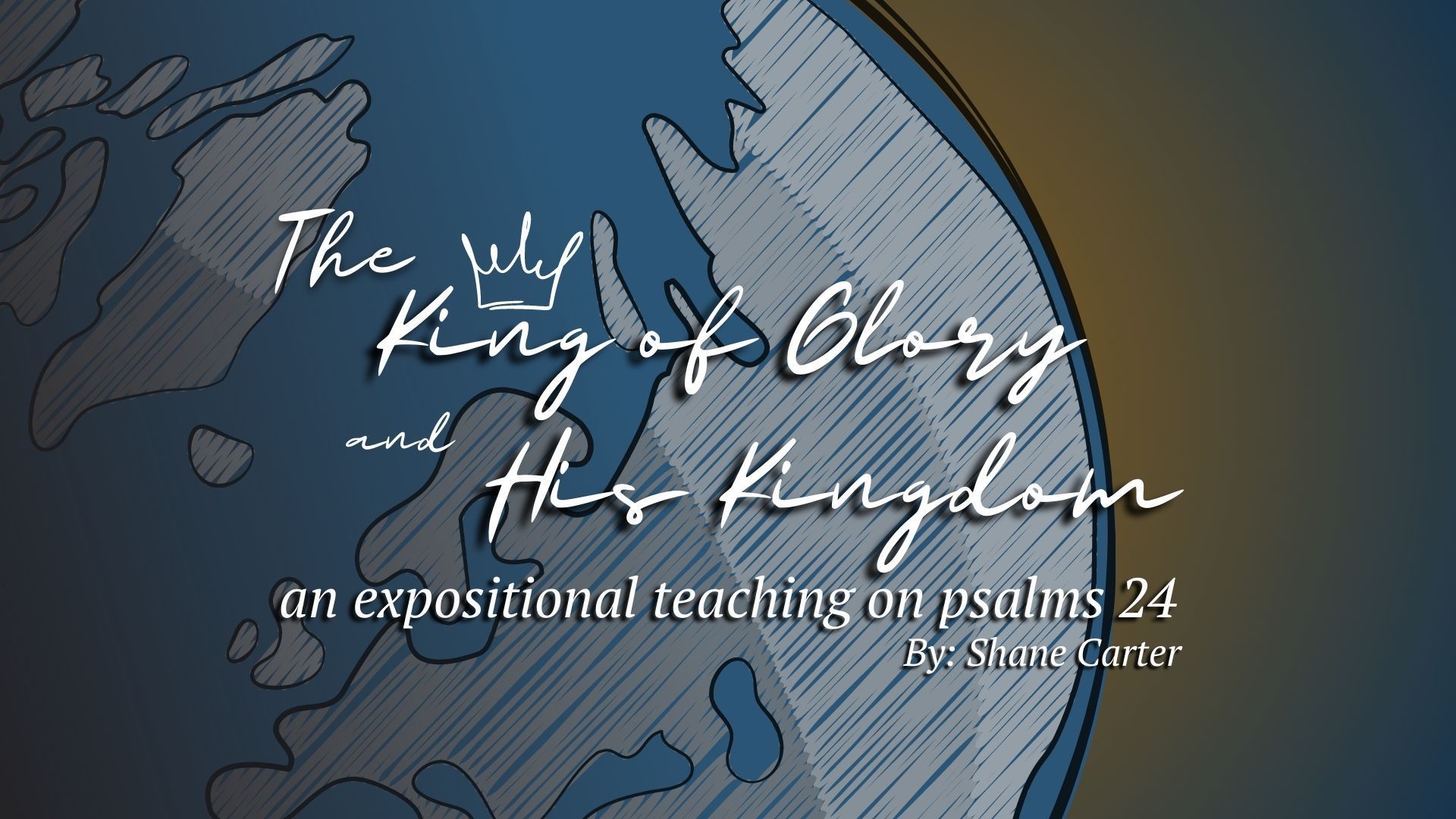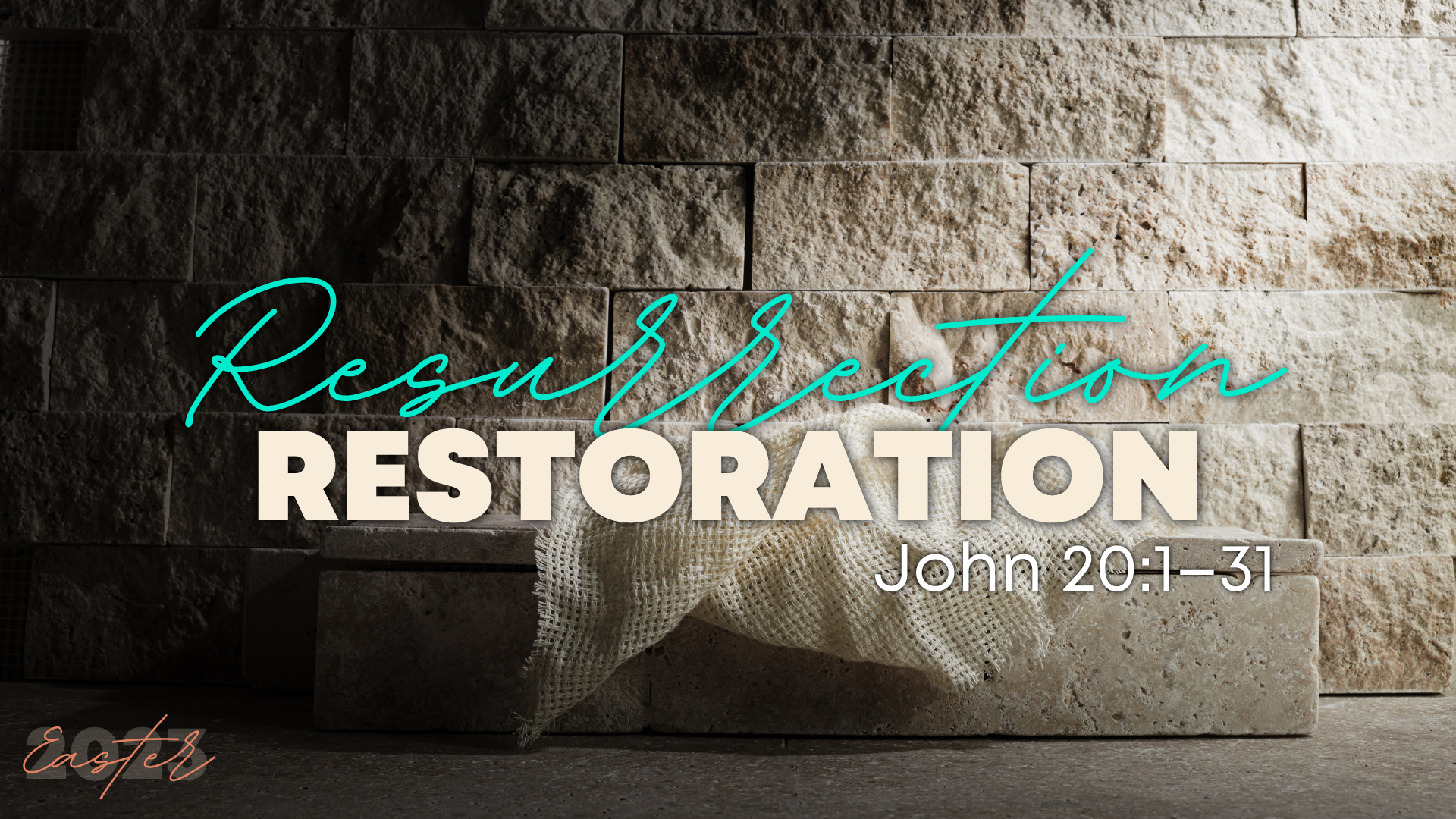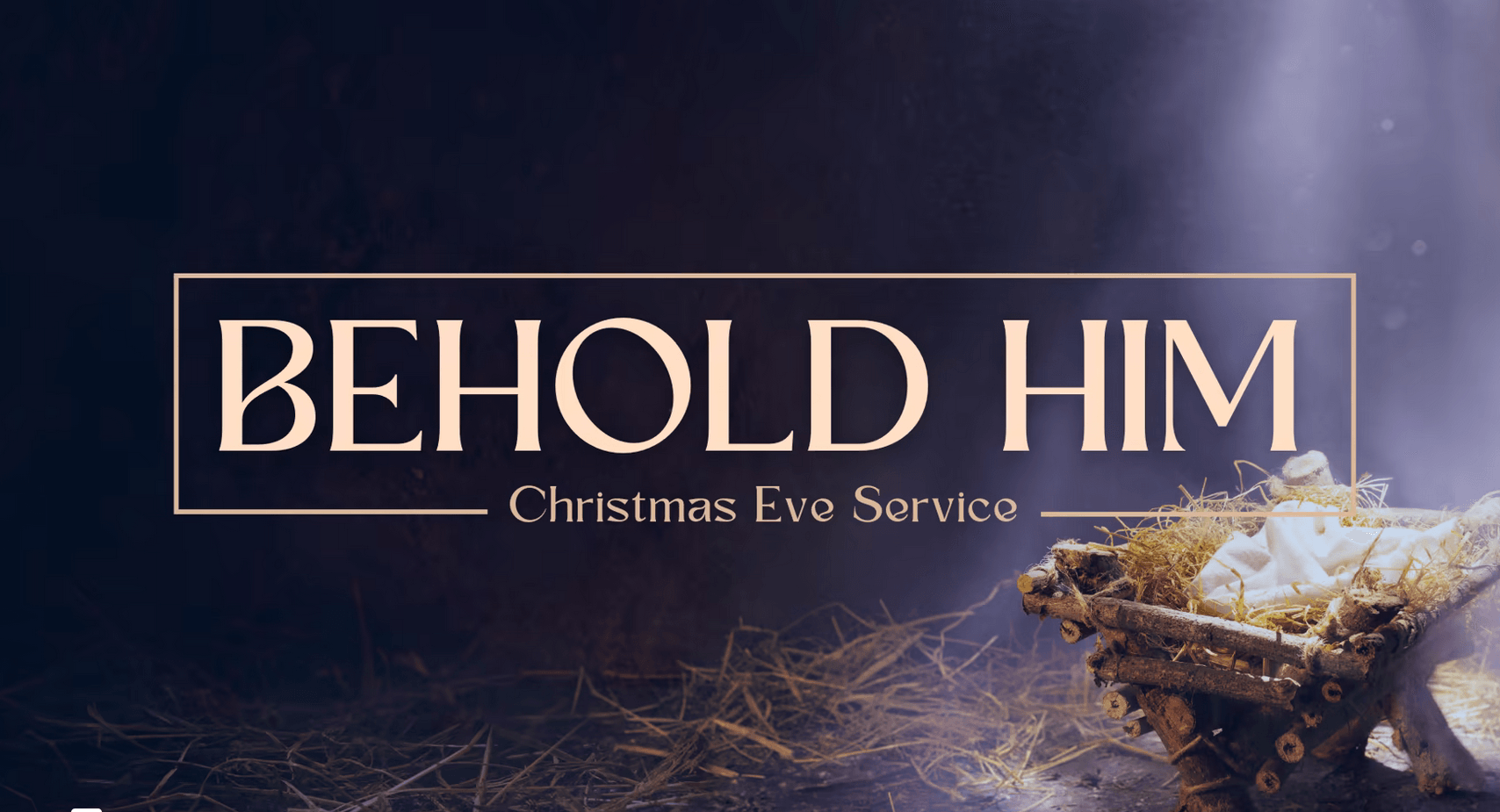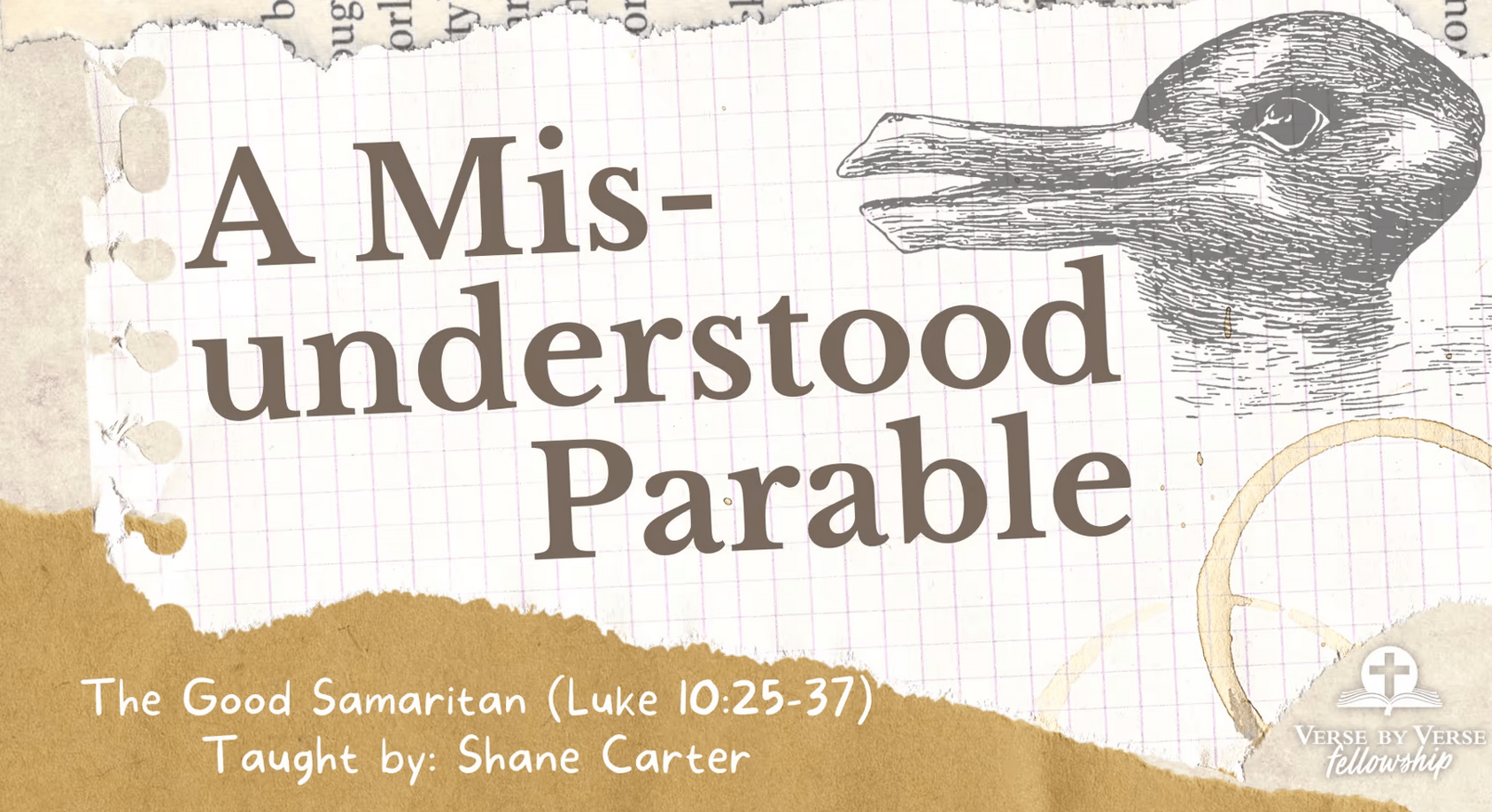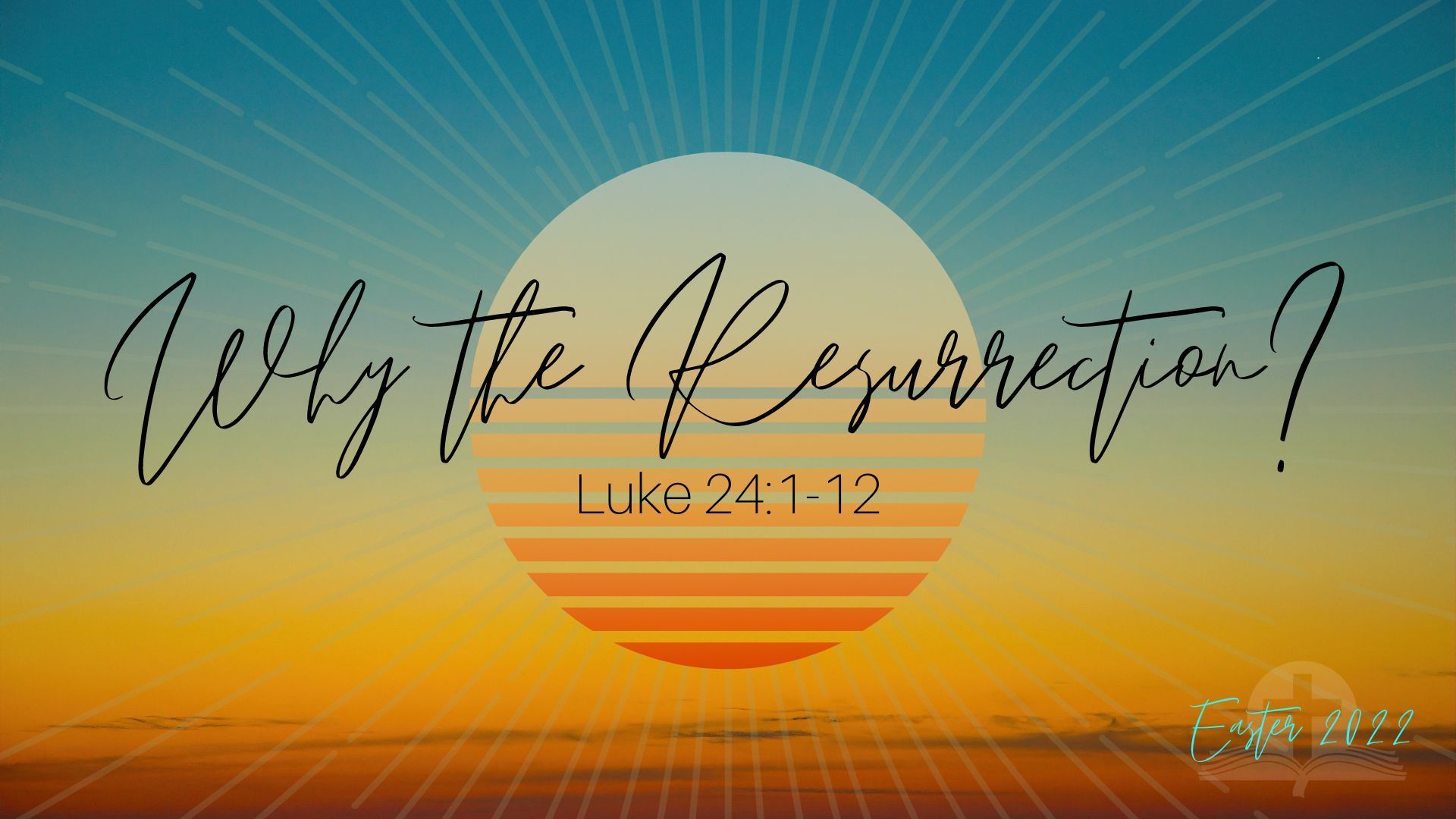MANUSCRIPT
One of my favorite stories in American history was the Boston Tea Party, when a ragtag group of American revolutionaries dressed up like Indians. And in protest to taxation without representation, they stormed Boston Harbor, took hold of the imported tea, and cast it overboard. And the whole Boston Harbor was full of the tea remnants and the smell of tea. And in doing that, we thumbed our noses at our English forbearers by ruining their tea, because what could be more English than “a spot of tea.”
Now that took place in 1773. But it wasn’t until July 4, 1776, that we actually threw the gauntlet down and declared our independence. And we ratified that decision in the great document called the Declaration of Independence. That is the seminal American document. That is what Americans base their freedom upon. That’s where “Life, Liberty and the Pursuit of Happiness” is codified and immortalized for the American people.
Now if that is “freedom” from Mother England, let me change the script on you. What does freedom in Christ look like? Is it different than freedom from Mother England? Is it all about Life, Liberty, and the pursuit of Happiness? Let’s explore that in our passage today where Jesus says, “So if the Son sets you free, you will be free indeed (8:36).”
So how do we differentiate between our political freedom as Americans and the spiritual freedom we have as Christians? Well consider this. Maybe this will help. One pastor said this, “On the one hand, the birthday of America is Independence Day, but the birthday of a Christian is your dependence day. The birthday of America was the day [we] achieved self-rule…The birthday of a Christian is the day you relinquish self-rule… the day you became a Christian, it’s not your Independence Day. It’s your ‘Dependence Day.’”
That’s actually the point of this whole message. That’s actually the point of what Jesus says in John 8:21–38. And I think this is an important corrective for those in our culture today that think that “freedom” means no rules, no oversight, I can do anything I want whenever I want to do it. That’s not freedom. Actually that’s a form of bondage. And we’ve got a lot of people in our day that go around thinking they are embracing “freedom” when in reality, they are embracing a kind of anarchy. And it’s an anarchy that’s ruining their lives. And it’s an anarchy, that if it’s not corrected by full submission to Christ, it’ll ruin their souls for eternity.
The message today is entitled “Freedom in Christ.” And in order to help us get a handle on what Freedom in Christ really is, let’s do this, let’s read John 8:21–38. And then we’ll unpack this concept. Let’s stand together for the reading of God’s Word.
21 So he said to them again, “I am going away, and you will seek me, and you will die in your sin. Where I am going, you cannot come.” 22 So the Jews said, “Will he kill himself, since he says, ‘Where I am going, you cannot come’?” 23 He said to them, “You are from below; I am from above. You are of this world; I am not of this world. 24 I told you that you would die in your sins, for unless you believe that I am he you will die in your sins.” 25 So they said to him, “Who are you?” Jesus said to them, “Just what I have been telling you from the beginning. 26 I have much to say about you and much to judge, but he who sent me is true, and I declare to the world what I have heard from him.” 27 They did not understand that he had been speaking to them about the Father. 28 So Jesus said to them, “When you have lifted up the Son of Man, then you will know that I am he, and that I do nothing on my own authority, but speak just as the Father taught me. 29 And he who sent me is with me. He has not left me alone, for I always do the things that are pleasing to him.” 30 As he was saying these things, many believed in him. 31 So Jesus said to the Jews who had believed him, “If you abide in my word, you are truly my disciples, 32 and you will know the truth, and the truth will set you free.” 33 They answered him, “We are offspring of Abraham and have never been enslaved to anyone. How is it that you say, ‘You will become free’?” 34 Jesus answered them, “Truly, truly, I say to you, everyone who practices sin is a slave to sin. 35 The slave does not remain in the house forever; the son remains forever. 36 So if the Son sets you free, you will be free indeed. 37 I know that you are offspring of Abraham; yet you seek to kill me because my word finds no place in you. 38 I speak of what I have seen with my Father, and you do what you have heard from your father.”
-----------------------------------------------------------------------------------------
Alright let’s talk Freedom in Christ. When I say Freedom in Christ, what do I mean by that? You might ask, “Freedom from what? “Freedom in Christ is Freedom from what?”
I’ll give you four things. Here’s the first.
1) Freedom in Christ means freedom from death (8:21–24)
You might say, “That’s ‘pie-in-the-sky’ talk, Pastor Tony. We’re all going to die.” Yes, but I’m not talking about physical death. I’m talking about spiritual death. I’m talking about eternal death. And that’s what Jesus is talking about here in John 8. Look at verse 21.
21 So he said to them again, “I am going away, and you will seek me,
The context of this is what’s called the Feast of the Tabernacles (a.k.a. the Feast of Booths). This feast follows the Day of Atonement, and is celebrated by people occupying home-made tents/booths in remembrance of the wandering in the wilderness. And during that festival, Jesus appeared before the people and the religious leaders saying, “I am the Light of the World” (8:12). In doing so, he was linking himself to the pillar of fire in the wilderness.
Now his argument continues, as he’s trying to draw people to himself in the middle of this feast by pointing to himself as the fulfillment of OT prophecy. He’s the Messiah that they’ve been waiting for. But, of course, the religious leaders aren’t buying what he’s selling, and so they are giving him all kinds of grief over this. They have even started some plots to arrest him and kill him.
So Jesus says,
“I am going away, and you will seek me, and you will die in your sin. Where I am going,
That is to the throne-room of God the Father... That is to the eternal dwelling of God…
Where I am going, you cannot come.” 22 So the Jews said, “Will he kill himself, since he says, ‘Where I am going, you cannot come’?”
“Is he going to hell?” That’s what they are asking. In fact, some Jews in this day believed that the worst places in hell were reserved for people who killed themselves. So there’s some sarcasm here with these Jews. “Is he going to kill himself? Is that why we can’t go where he’s going?”
23 He said to them, “You are from below;
Jesus says essentially, “No, no, no! You are from hell.” “Below” is a euphemism for the abode of Satan. It’s not literally below the earth or in the earth. It’s the place where God places his enemies and keeps them out of his presence. And the mentality of these Jesus-opposers is so in step with Satan… it’s so in sync with God’s enemies, that Jesus says, “You belong to them.” “You are from below.”
I am from above. You are of this world; I am not of this world.
24 I told you that you would die in your sins, for unless you believe that I am...... [he]
That pronoun “he” there is supplied in your ESV Bible. It’s not there in the Greek. I’d just as soon take it out. It flows quite nicely without it.
unless you believe that I am... you will die in your sins.”
What’s the key refrain in verses 21–24? “You will die in your sins.” “You will die in your sins.” Twice Jesus says that in verse 24. Look also at verse 21: “You will die in your sin.” I think the singular “sin” in verse 21 is the sin of unbelief. The plural “sins” of verse 24 includes everything else. Whatever the case, they both result in eternal death. “You will die in your sin.” “You will die in your sins.” “You will die in your sins.” That’s the theme of these first few verses.
Incidentally, let me ask you a question. If you died today… on the way home from church… would you die in your sins? Would you be condemned to an eternity separated from God? Or have your sins been paid for by the blood of Jesus? Paid by God’s grace through your faith in him?
You might say, “Pastor Tony, I got lots of time. I’m not going to die today. I don’t need to worry about that.” O yeah you do! You are not promised another day. Jesus could come back at any time. And life is incredibly fragile.
I read recently about a guy in his early twenties, a Christian young man, who died of a heart attack playing football. Nobody saw it coming. “That never happens, Pastor Tony.” Yeah, it does. And you’re not promised another day. I’m not a fear-monger; I’m a faith-monger. I don’t want you to be afraid of death. I want you to get saved!
So let me ask you, are you free from eternal death? If you died today, would you die in your sins? Or have they been paid for by Jesus’s blood? You can settle that today. If you don’t have that assurance of salvation, you can have that. You can leave with freedom from the fear of death.
-----------------------------------------------------------------------------------------
Freedom in Christ means freedom from death and freedom from the fear of death. Write this down in your notes as #2:
2) Freedom in Christ means freedom from ignorance (8:25–29)
And when I say “ignorance,” let me qualify that for you. When I say ignorance, I mean ignorance concerning God and his plan for salvation. There are a lot of people out there who are incredibly knowledgeable about life and science and business and the world, yet they’re ignorant about God’s plan for salvation.
Even the Jewish leaders that Jesus was conversing with here were learned men. They were intelligent, powerful men. But their learning failed them when they started evaluating Jesus, because their pride got in the way of faith. Let’s see this in action. Look at verse 25.
25 So they said to him, “Who are you?”
Now their question only makes sense, because of what Jesus said in verse 24. Jesus said, “I am…”
for unless you believe that I am… you will die in your sins.
And the Jews respond to that by saying, “I am… what?” “Who are you?” And of course Jesus intentionally didn’t add anything to that “I Am” statement.
“Who are you?” “I Am.” “I Am? You are what?” “I Am ‘I Am!’”
Jesus is making a pretty obvious link here to the “I Am” of the OT, Yahweh. He’s already done that by saying, “I Am the Light of the World.” And I don’t know how much these guys are catching on to that just yet. They’ll catch on later when Jesus says, “Before Abraham was, I Am” (8:58), because after he says that they try to kill him.
But at this point, early in chapter 8, they’re still a little slow. Jesus says, “for unless you believe that I am… you will die in your sins.” And the Jews say, “Who are you?”
25 Jesus said to them, “Just what I have been telling you from the beginning. 26 I have much to say about you and much to judge, but he who sent me is true, and I declare to the world what I have heard from him.”
27 They did not understand that he had been speaking to them about the Father.
Jesus said earlier, “You know neither me nor my Father. If you knew me, you would know my Father also” (8:19). What Jesus is saying here is that your lack of knowledge is systemic. “I come from the Father. I speak on behalf of the Father. You don’t listen because you neither know me or the Father.”
They don’t even know when Jesus is speaking of the Father. Later they get God the Father mixed up with Father Abraham. That’s how confused and unknowledgeable they are about God and his plan of salvation. They’re in bondage to their pride and in bondage to their ignorance.
27 They did not understand that he had been speaking to them about the Father.
The church father, Augustine, actually makes his famous statement about faith preceding knowledge on this passage right here. Augustine wrote, “credo ut intelligam.” “I believe in order to understand.” In other words, there’s a whole world of understanding and knowledge of God that is predicated on faith. And that world won’t be open to you until you believe the truth of what God reveals.
Now that doesn’t mean we embrace a brainless, blind faith. But neither is it a faith that has all of its questions answered before it believes. Because for every question we get answered, there are others that don’t get answered. And for every question that gets answered, there are ten questions that we don’t even yet know to ask. And the reason these Jewish leaders keep bumping up against the limits of their knowledge, and the reason that they keep banging their heads against the statements that Jesus is making, is because they don’t believe. “credo ut intelligam.” “I believe in order to understand.” You’ve got to embrace faith, before you can escape ignorance.
28 So Jesus said to them, “When you have lifted up the Son of Man,
That’s a reference to the cross, by the way. Jesus said in John 3:14, “And as Moses lifted up the serpent in the wilderness, so must the Son of Man be lifted up, that whoever believes in him may have eternal life” (3:14–15).
Similarly Jesus says here,
“When you have lifted up the Son of Man, then you will know that I am… [he],
There it is again… another “I am” statement from Jesus.
and that I do nothing on my own authority, but speak just as the Father taught me. 29 And he who sent me is with me. He has not left me alone, for I always do the things that are pleasing to him.”
A few years back when Sanja and I were young and newly married, we took a trip to London, England, just after we visited Sanja’s family in Croatia. And while we were in London, we went to Trafalgar Square which many people think of as the center of London. But historically, I’m told, the center wasn’t Trafalgar Square but instead “Charing Cross.” There actually used to be a cross erected just south of Trafalgar Square in central London at the cross-section of Strand, Whitehall and Cockspur Street. And it was said that you could find your way home anywhere in London if you are at “Charing Cross.”
In fact, the story is told of a little boy who was lost in London. And a bobby (a police officer) saw him crying. And wiping his tears, the man asked if he could take him home. The boy said, “Oh, no, sir, take me to the cross, and I’ll find my way home.”
Let me just say that there’s a lot of confusion and a lot of “lost-ness” both inside and outside of the church. And there have been times in my life, as a Christian where my lack of understanding has led me to the brink of tears. And I’ve got to look to the cross. “Take me to the cross, LORD, and I’ll find my way home.” Take me to that place where you were lifted up for my sin, so that whoever believes in you may have eternal life. That’s the place where my confusion evaporates. That’s the place where my restlessness and my wisdom-less-ness gets eradicated.
-----------------------------------------------------------------------------------------
Freedom in Christ means freedom from death and freedom from ignorance. Write this down under #3:
3) Freedom in Christ means freedom from error (8:30–32)
Look at verse 30.
30 As he was saying these things, many believed in him.
And to that you might say, “Hallelujah, somebody finally gets it.” “They believe.” And I think we should celebrate. But hold on now! Jesus is concerned that this “believing” might actually be a “false believing.” Look at verse 31.
31 So Jesus said to the Jews who had believed him, “If you abide in my word, you are truly my disciples, 32 and you will know the truth, and the truth will set you free.”
Now that’s an amazing statement. That is both an encouragement and a warning. Here’s what Jesus is saying, “Faith, true faith, doesn’t run away from Jesus.”
Jesus says, “If you abide in my word, you are truly my disciples,” meaning that true faith is discipleship faith. True faith involves abiding in his word. True faith is a growing faith. It’s a truth-embracing faith. It’s an ignorance-rejecting faith.
I could preach a whole sermon on verses 31 and 32. But let me just condense my thoughts here to a few cogent statements. Write these down in your notes as a, b, c, d. Here’s letter “a.”
a) Faith in Christ means following Christ
“You might say, ‘I believe in Jesus, Pastor Tony. I’m a Christian, but I’m not one of those Christians that follows Christ.’” Yeah, that doesn’t exist—a Christian who doesn’t follow Christ.
Your faith in Christ is, in fact, demonstrated by your following. And as a fellow believer, I can’t see your faith. I can’t open up your heart and look inside of you and say, “check, there it is, there’s your faith.” But I can see you following Christ. I can see you going to church, worshipping Christ, reading your Bible, striving to follow him. I can see you growing as a disciple, living as a disciple, learning as a disciple (disciple means learner, right?). I can see you turning away from sin, turning away from error, turning away from the world’s perspective on truth.
So where are you at, Christian? Where’s your following? Jesus said, “I am the light of the world. Whoever follows me will not walk in darkness, but will have the light of life” (8:12).
b) Faith in Christ means abiding in Christ and abiding in his Word
Let me ask you this: “Who do you run to when life gets hard?” Who do you look to when trials and challenges come into your life?” Do you run to Jesus? Do you run to the truths of his Word? Do you find your identity in him or do you find your identity in some other thing or some other person’s opinion of you? “Identity is not about who you are, but whose you are?” Who do you belong to? Who do you abide in?
c) Faith in Christ means a growing knowledge of the truth
Jesus said, “If you abide in my word, you are truly my disciples, and you will know the truth.” You won’t be persuaded by the untruths of this world. Instead you will know “the” truth. And the truth will set you free.
d) Faith in Christ means a truth-embracing freedom
You might say “Independence will set me free.” No, it won’t. Dependence on Christ will set you free. You might say, “Following self will set me free.” No, it won’t. That actually leads to a kind of bondage. “Following Christ will set you free.” You might say, “Autonomy will set me free.” It won’t. Because you don’t know yourself, like he knows you. And what you might call autonomy is really just another form of bondage.
Augustine says it this way, “Freedom occurs when we delight in the law of God, for freedom gives you joy. As long as you do what is right out of fear, you find no delight in God. Find your delight in him, and you are free.” D.A. Carson writes, “True freedom is not the liberty to do anything we please, but the liberty to do what we ought; and it is genuine liberty because doing what we ought now pleases us.”
One of the world’s myths about freedom is that freedom is having no master. That’s a myth, because as Bob Dylan sang, “You gotta serve somebody.” And many people end up serving themselves only to find out that we are the worst kinds of masters out there. But Jesus doesn’t say freedom is having no master. He says freedom is having the right master. Real freedom is having master who loves you and saves you and bled for you. That’s the one you want to serve. You gotta serve somebody! Who you going to serve? Yourself? That doesn’t lead to freedom. Your job? Your children? Your spouse? That doesn’t lead to freedom for you or them. That’s just shackles of another kind. Your freedom is only found in serving Christ.
“If you abide in my word, you are truly my disciples, 32 and you will know the truth, and the truth will set you free.”
-----------------------------------------------------------------------------------------
Also, one more thing. This is so key! Write this down under #4:
4) Freedom in Christ means freedom from sin (8:33–38)
33 They answered him, “We are offspring of Abraham and have never been enslaved to anyone. How is it that you say, ‘You will become free’?”
Now these Jews are responding to Jesus’s statement in verses 31–32.
31 …“If you abide in my word, you are truly my disciples, 32 and you will know the truth, and the truth will set you free.”
To that, these Jews, say, “we’ve never been enslaved to anyone!” Which is funny! Because what’s the most famous incident in the OT concerning the Jews? Their escape from slavery with the Egyptians.
And apart from that, the Israelites were enslaved by the Assyrians, enslaved by the Babylonians. They served Greece, Rome, Syria, and even their own masters. More often than not, the Israelites were enslaved by someone in their history. But they have selective memory as far as that goes.
But of course, Jesus isn’t talking about political slavery anyway. He’s talking about spiritual slavery.
34 Jesus answered them, “Truly, truly, I say to you, everyone who practices sin is a slave to sin.
Everyone is a slave to sin, not just Jews! Did everyone get that? Are we clear on that? Everyone who practices sin is a slave to sin! Any sinful people here today? Is there anyone here who has never committed a sin? Then, according to Jesus, we are in a heap of trouble. We are slaves to sin. What are we going to do about that? Is there any remedy for that?
35 The slave does not remain in the house forever; the son remains forever.
Who’s the son? Jesus, right? It should probably be “capital S” Son. But according to the Bible, it’s through the Son that we become sons of God. We are no longer slaves to sin but sons of God.
Galatians 4:7 says, “So you are no longer a slave, but a son, and if a son, then an heir through God.” And John 1:12 says, “But to all who did receive him, who believed in his name, he gave the right to become children of God.”
And how does that happen? Who made that happen? The Son did. The Son freed us. That’s why Jesus says emphatically in verse 36.
36 So if the Son sets you free, you will be free indeed.
Free from death. Free from ignorance. Free from error. Free from sin. Free from self. “If the Son sets you free, you will be free indeed!” Let me ask you this. Are you free? Are you truly free? Free from death. Free from sin. Free from ignorance. Free from error.
Jesus says in verse 37.
37 I know that you are offspring of Abraham; yet you seek to kill me because my word finds no place in you. 38 I speak of what I have seen with my Father, and you do what you have heard from your father.”
Who does that refer to at the end of verse 38? Who’s the “your father” of that verse? It’s not capitalized, so it must not refer to God the Father. Who does Jesus call the father of these detractors? Who’s their daddy? Is it Abraham? Is that who Jesus is talking about? No. You know this as well as I do, and Jesus makes this clear in the following passage. Their father is the devil. And John says that too in 1 John 3:4–10, that you’re either a child of God or a child of the devil. There’s no third option. It’s almost as if the same man who wrote 1 John wrote the Gospel of John and recorded the words of Jesus here.
-----------------------------------------------------------------------------------------
I’ll close with this. Here’s why I think this message is so important and this concept of “Freedom in Christ” is so needed right now in our world. It’s because there’s a myth that circulates in our world today, and it goes like this: “Freedom is found by doing whatever your heart desires.” “Freedom is found by following your feelings.” That’s freedom! It’s like the gospel according to Star Wars. “Trust your feelings, Luke,” says Obi-Wan Kenobi.
Here’s the problem, though. My desires conflict, and yours do too. My feelings are incongruent. These feelings want this thing. But these other feelings want this other thing. And they’re mutually incompatible. I desire this. And I desire that. But my desire for this negates my desire for that other thing. And deep inside of us, we are all just a huge complex of conflicting feelings and desires. How do we make sense of all that?
Let me illustrate what I’m talking about. I desire to eat healthy and lose weight. But I also desire ice cream. Lots and lots of ice cream! In fact, some days I desire to just sit at home all day and eat ice cream. So when the culture tells me, “Freedom is found by doing whatever your heart desires.” Then I say, “Which desire? The desire to lose weight and eat healthy or the desire to stay at home all day and eat ice cream?” The culture tells me, “Just follow your feelings, Tony.” I say, “which feelings?” They conflict inside me.
And to that you might say, “Tony, I’m a doctor. The truth is that eating ice cream all day is unhealthy for you. That’s going to make you sick. It’s going to make you gain weight and die early. It’s a kind of bondage not freedom. So don’t do that.” And only an idiot would respond to that, “Get behind me, doctor. I have freedom in Christ Jesus to eat ice cream all day if I want to.”
Now let me turn the heat up a little bit. Ice cream is kind of a silly illustration. Let’s use instead adultery. All of us have, inside of us, desires for healthy, faithful marriages. That’s part of us being made in God’s image and having God’s laws written on our hearts. I think even the desire for same-sex marriage in our country is an attempt to assuage that desire in the human heart, but of course it’s going about it in the wrong way.
So all of us have this desire, these feelings, to do right by our spouse. But all of us also have the capacity for sin and adultery. If you don’t believe that, you’re very naive. And sometimes those desires are manifested in lust, in longing for someone besides our spouse… a little harmless flirtation, a little pursuit of something on the side that my spouse would never know about. What does our world say about that? What does our culture say about that? The culture says, “You got to follow your heart. Freedom is found by following your feelings.” And of course, that doesn’t lead to freedom. You know and I know that leads to bondage.
So here’s the question that you have to ask yourself. You’ve got these desires that are all over the place. Sometimes they are quite strong. They pull you this way and that way. You want to be a person of integrity, but you also really, really want this illicit, sinful relationship. How do you make sense of that? How do you sort out your feelings? Do you just capitulate to your strongest feelings at the moment? That’s a terrifying thought!
Well here’s what Jesus says, “You go to the truth.” You’ve got to go to the person who created you and created your body and created marriage and know how marriage works best. You’ve got to go to the One who created these things, and you say to him, “I renounce my independence. I’m dependent on you for help with this.” “I can’t figure out my feelings. I can’t sort out all these conflicting desires. You created me. You know me. You know me better than I know myself. Teach me your truth!”
And of course, in doing that, in submitting yourself to Christ, that’s where true freedom is found. Do you see what I’m saying? Jesus says, “If you abide in my word, you are truly my disciples, 32 and you will know the truth, and the truth will set you free.”
So in embracing God’s truth about marriage… or his truth about anything! substitute “marriage” for anything else where God supplies truth in his Word… In embracing God’s truth, you get to experience the freedom that those in bondage to sin can only dream about. In embracing God’s truth about life, you can experience the freedom that those who “die in their sin” can’t imagine.
So, do you have freedom in Christ? Freedom from death, ignorance, error, sin? Do you have it? If you don’t, then go to Jesus. Go to the Son. Because…
36 …if the Son sets you free, you will be free indeed.

Taught by Tony Caffey
Senior Pastor of Verse By Verse Fellowship
Single Teachings
